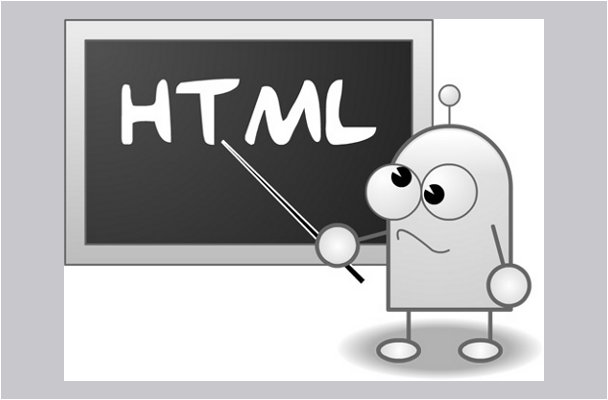We all remember the long evenings spent studying for/agonizing over foreign language verbs and conjugations. In high school, I wondered what it was all for, and then one evening on a family vacation in Mexico, my father announced to our cab driver (awkwardly and much, much more loudly than necessary), “NO ES SU FALTA, ES MI FALTA!”
My poor dad had assumed that by adding a hard ‘A’ to the word ‘fault’ in English, it would magically translate it in to Spanish. This was unfortunately not so much the case. In fact, in Spanish the word falda means skirt, so my dad was essentially arguing over ownership of his feminine article of clothing.
In addition to the hilarity of the situation, I was finally able to see the benefit of learning another language. And years later, after a minor in Spanish and studying in Spain, I saw the benefits more clearly when job descriptions seemed to scream out: “Spanish speaking preferred.”
We’ve established that knowing another language can be helpful and some of the most commonly taught are Spanish, French, Chinese and German. But what about Hyper Text Markup Language, which is more commonly referred to as HTML, and is the coding foundation for most content found on the web? You’re probably thinking, “That’s not a language!” But alas, it is, and a potentially lucrative one to learn at that.
Shane Snow, COO of Contently, recently stated, “All other things equal, I’d dare say I would hire the person who knows how to code over the person with the 4.0 GPA or master’s degree for just about any position.” Not only does knowing how to code give people, regardless of their field, an upper hand in any professional setting, but it also teaches critical thinking and problem solving skills that a non-coder may not necessarily possess.
Learning to code is so important, that recently famous techies including Jack Dorsey (Creator of Twitter) Stuart Feldman (VP of engineering, Google) and Drew Houston (CEO of Dropbox) have joined the advisory board to support the non-profit, code.org, whose main purpose is to help grow computer program literacy in the US.
So what can you do to get on the fast track to coding success? The answer is as simple as checking out the links below. Code Academy is a free site that teaches anyone willing to dedicate their time to learning, and another great site is Skillshare, which is not free, but certainly affordable, and connects coding professionals with people looking to learn.
Feliz Codificación! (Happy Coding!)









